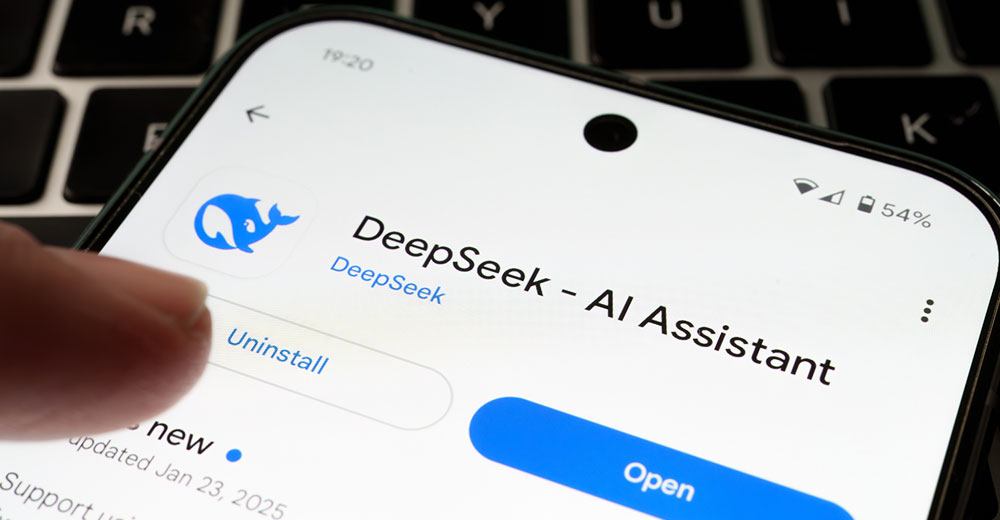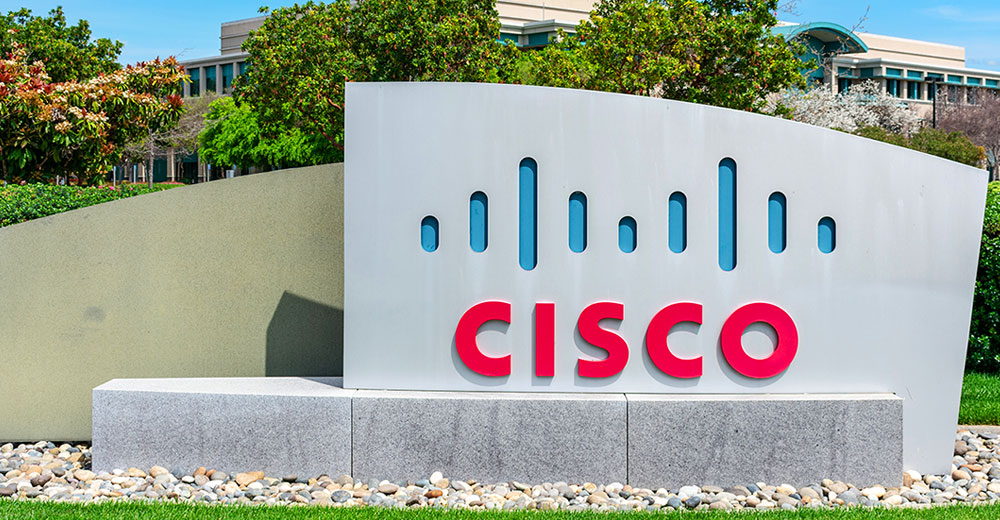
Open sourcing the code for Microsoft Windows is “definitely possible,” Microsoft engineer Mark Russinovich reportedly said last week during a panel discussion at ChefConf.
When asked about Russinovich’s comments, Microsoft was noncommittal.
“We have not made any open source policy or business model changes for Windows,” the company said in a statement provided to LinuxInsider by spokesperson Abby Smith.
While open source may not be in Windows’ immediate future, Russinovich’s remarks are a strong indication that the Microsoft of today isn’t the trenchant foe of the paradigm it was in the past.
Open source code has become a part of business life, and Microsoft has accommodated that reality, he acknowledged during the ChefConf session.
Promissory Note
“I think Mark’s comments were made in the spirit of Microsoft always willing to examine opportunities and do what it takes to succeed in the market,” said Wes Miller, a research analyst at Directions on Microsoft.
“To me, his comments were a promissory note that Microsoft is willing to do things different than before — not that there’s any sort of imminent plan to make Windows open source,” he told LinuxInsider.
Rather than make all of Windows open source at once, Microsoft probably would open source parts of the operating system, suggested IDC analyst Al Gillen.
“It’s much more likely to be something where they pick specific technologies or specific parts of the product and they open source them, like they’ve done with .Net,” he told LinuxInsider.
“I wouldn’t be surprised to see something like that happen in the mobile and embedded space before it happens in the server space,” Gillen added.
Grappling with New Paradigm
Those who may be enthused about an open source version of Windows, shouldn’t hold their breath.
“Russinovich may be five to 10 years ahead of reality,” said Patrick Moorhead, founder and principal analyst of Moor Insights and Strategy.
“It is a possibility, but only as Microsoft moves their business model to services,” he told LinuxInsider.
Windows sales will be a declining source of revenue for Microsoft in the coming years, Moorhead explained. “They can see the handwriting on the wall.”
Ironically, making Windows open source could be a way to milk the old cash cow in the future.
“Open source doesn’t necessarily mean free,” Moorhead noted. “You’d likely have an enterprise version with paid support.”
Still Russinovich’s remarks reveal a new attitude at Microsoft.
“It shows how far Microsoft has come with its thinking,” Moorhead added. “It’s reacting to a new competitive paradigm.”
Revenue Dilemma
If Microsoft wants to remain relevant in the market, it will move toward open source Windows sooner rather than later, maintained Jim McGregor, founder and principal analyst at Tirias Research.
However, the problem remains how to make up any revenues lost by tinkering with the Windows business model.
“Microsoft has done a very poor job of expanding or changing its business models. Microsoft has wanted to expand into new markets, but it hasn’t been willing to change its business model to do so,” McGregor told LinuxInsider.
“What will eventually happen is Microsoft collapses — which I don’t see happening — or they become less relevant in some of the new markets,” he observed.
“I think it would be in Microsoft’s best interest to open source Windows, but without something to replace the Windows revenue that’s a huge bite to take,” said McGregor.
“Now they’re at the point where they have decreasing revenues, and they realize that trend isn’t going to end any time soon,” he added. “So now they’re at the point where they have to do something — not at the point where they should do something.”




















































